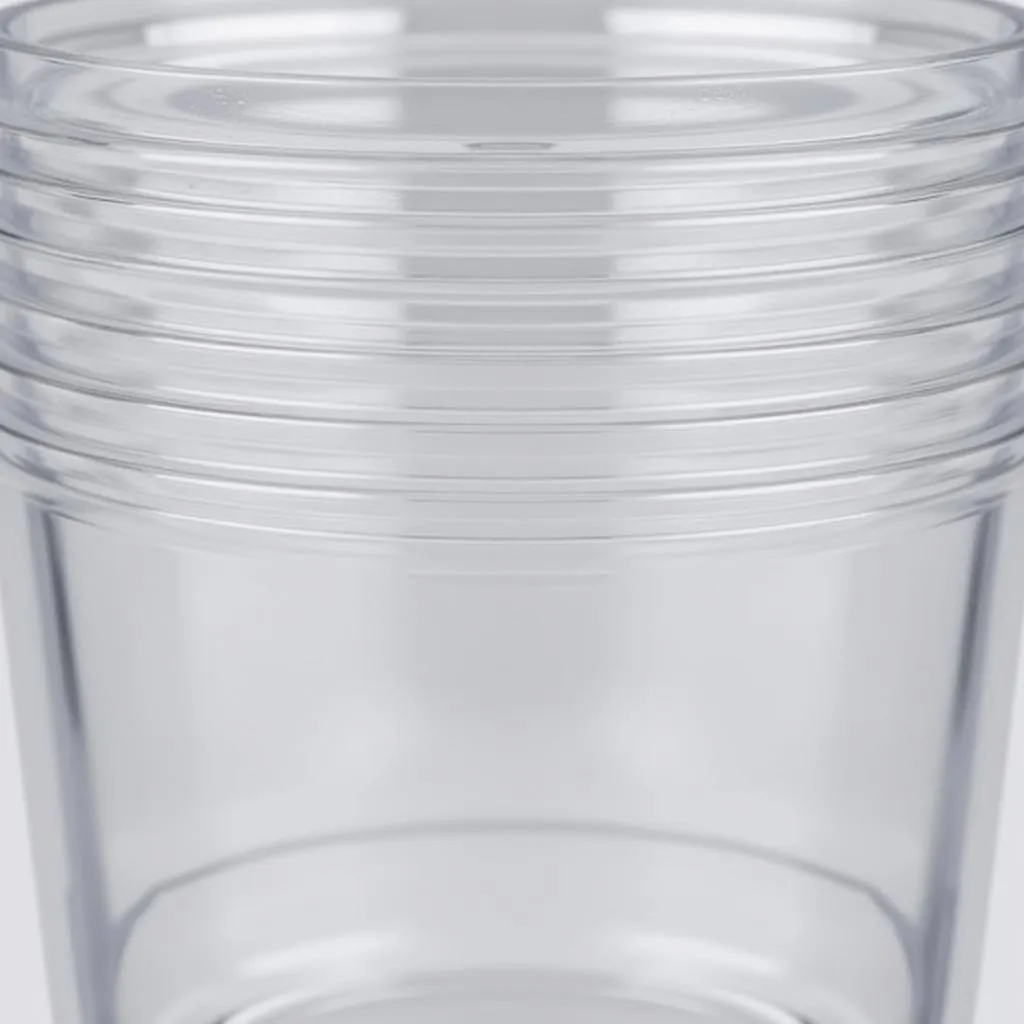Plastic cups are ubiquitous, from our kitchens to coffee shops and sporting events. But have you ever stopped to consider what they’re made of? Understanding the different types of plastic cup material can help you make informed choices for your health and the environment.
Navigating the World of Plastic Cup Material
The term “plastic” encompasses a wide range of synthetic or semi-synthetic materials. When it comes to cups, several types of plastics are commonly used, each with its unique properties and applications.
Polyethylene Terephthalate (PET or PETE)
PET is a lightweight, shatter-resistant plastic often used for disposable water bottles and soda bottles. It’s also a popular choice for cold cups due to its clarity and ability to maintain the temperature of cold beverages.
Polypropylene (PP)
Known for its durability and heat resistance, polypropylene is often used for reusable cups, microwave-safe containers, and yogurt tubs. It’s also a common material for disposable hot cups as it can withstand high temperatures without warping or melting.
Polystyrene (PS)
Polystyrene, often recognized in its foam form (Styrofoam), was once a popular choice for disposable cups due to its excellent insulation properties. However, concerns about its environmental impact and potential health risks have led to a decline in its use.
Beyond the Basics: Understanding Plastic Resin Identification Codes
You’ll often find a number within a triangle symbol on plastic products, including cups. This is the resin identification code (RIC), which helps with sorting and recycling. Understanding these codes can offer further insight into the type of plastic used:
- #1 PET or PETE: As discussed, often used for single-use beverage bottles and some disposable cups.
- #2 HDPE: High-density polyethylene is less common for cups but often used for milk jugs and detergent bottles.
- #5 PP: Polypropylene, as mentioned, is used for both disposable and reusable cups.
- #6 PS: Polystyrene, although declining in popularity, might still be found in some disposable cups and food containers.
Making Responsible Choices: Health and Environmental Considerations
While plastic cups offer convenience, it’s crucial to be aware of their potential impact:
- Health Concerns: Some plastics can leach chemicals into beverages, especially when exposed to heat or acidic liquids.
- Environmental Impact: Most plastics are not biodegradable, contributing to landfill waste.
Sustainable Alternatives
Choosing reusable cups made from materials like stainless steel, glass, or bamboo is a great way to reduce your environmental footprint.
Conclusion
Understanding the various plastic cup materials empowers you to make conscious decisions about the products you use. By being informed about the different types of plastics, their properties, and potential impact, you can choose options that align with your values and contribute to a healthier planet.
FAQ
1. Are all plastic cups recyclable?
Not all plastic cups are recyclable. Check the resin identification code at the bottom of the cup.
2. What is the safest plastic for drinking cups?
Plastics labeled #1 (PET), #2 (HDPE), #4 (LDPE), and #5 (PP) are generally considered safer options.
3. What are the benefits of using reusable cups?
Reusable cups reduce waste, conserve resources, and can be a healthier option than disposable plastic cups.
4. Where can I find more information about plastic recycling?
Check your local recycling guidelines or visit the website of your waste management provider.
5. What are some alternatives to disposable plastic cups?
Consider using reusable cups made from stainless steel, glass, bamboo, or other sustainable materials.
Need More Information?
For further assistance or inquiries, please contact our dedicated customer support team at 0372999996 or email us at bong.da@gmail.com. We’re also located at 236 Cầu Giấy, Hà Nội, and available 24/7 to address your concerns.

